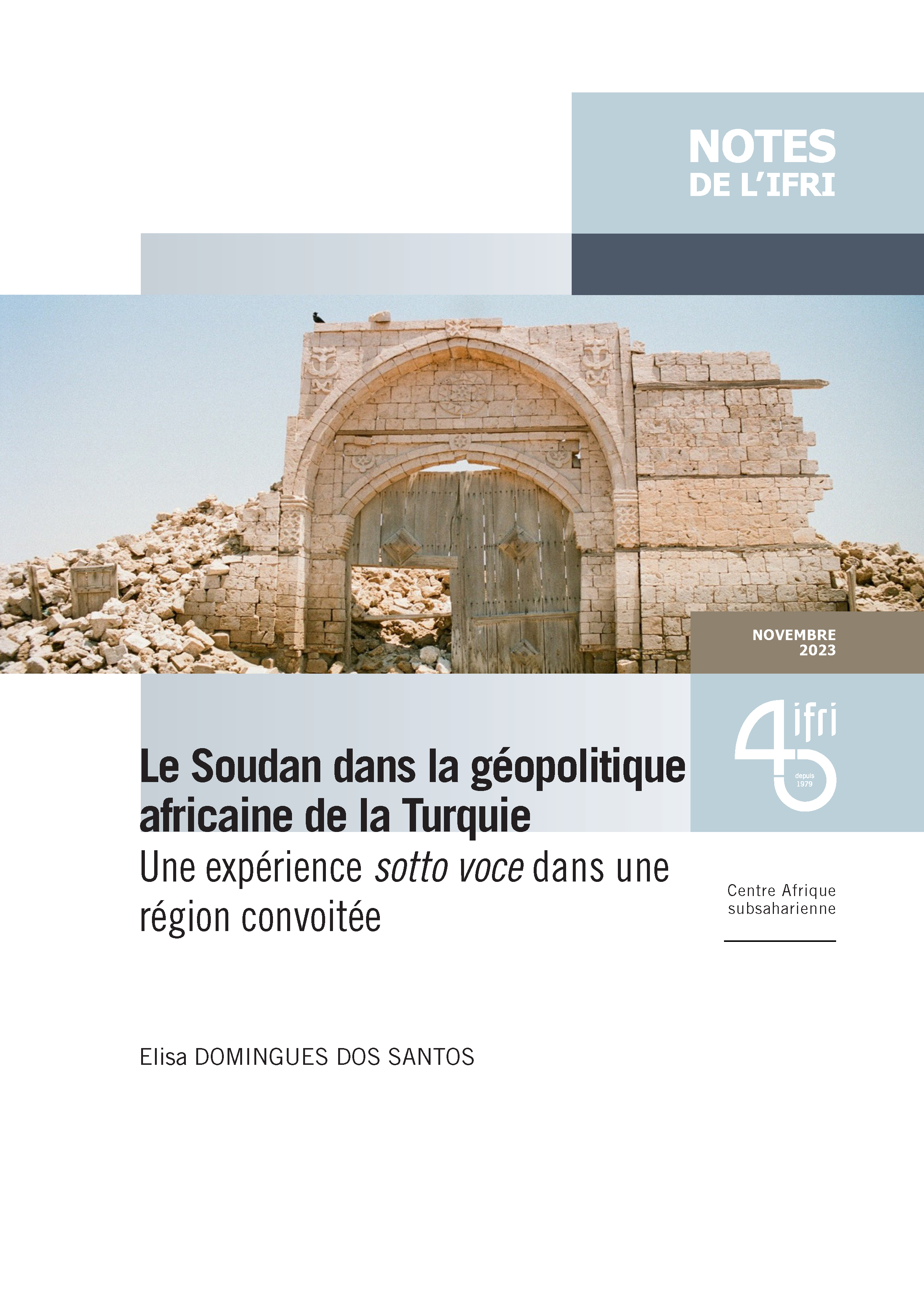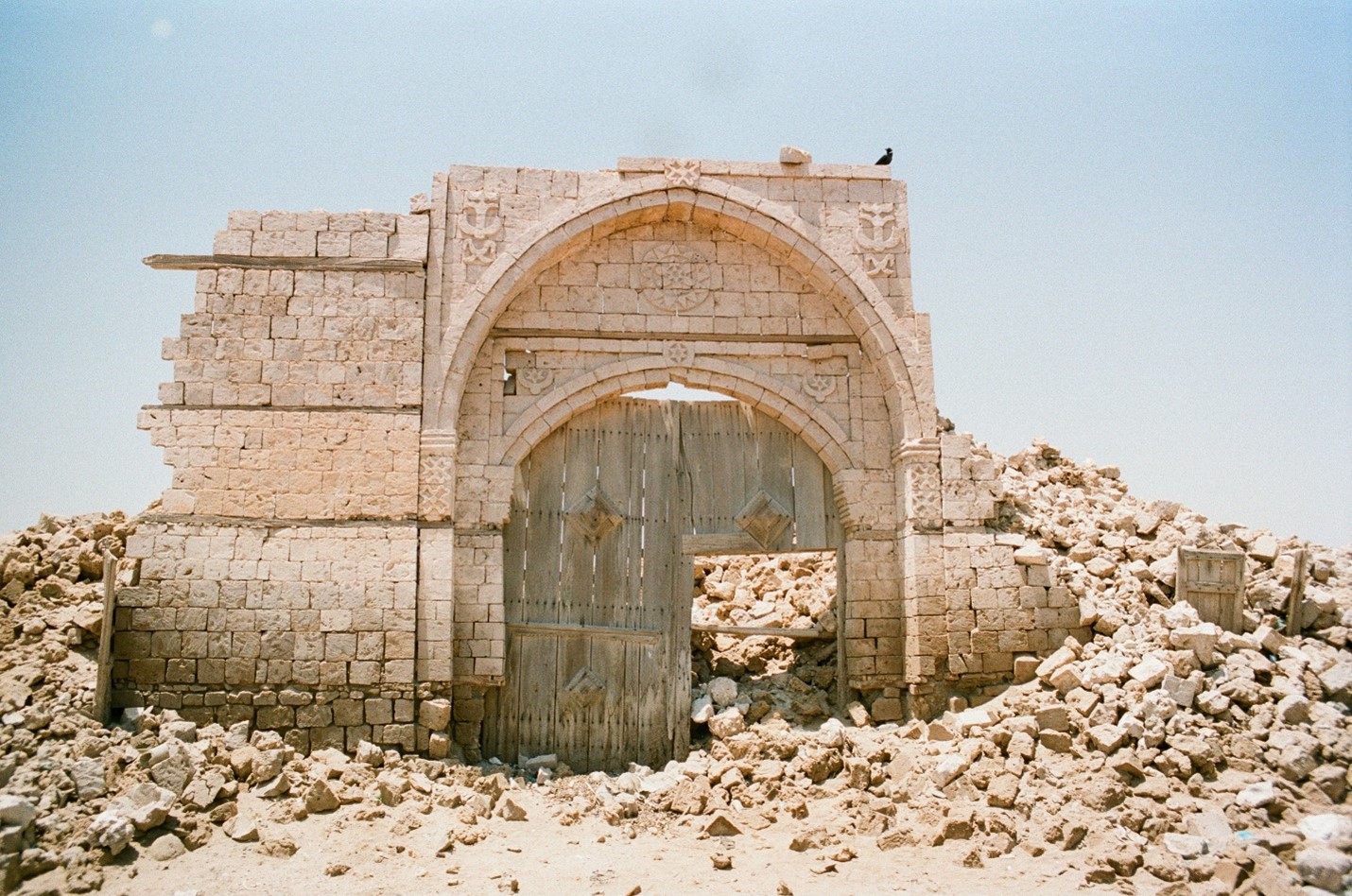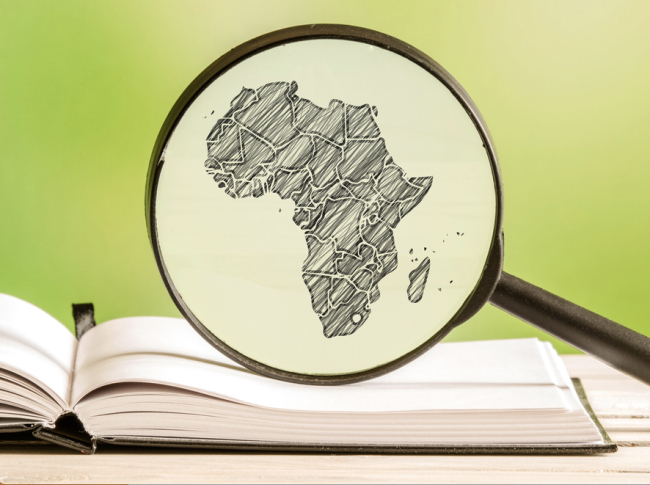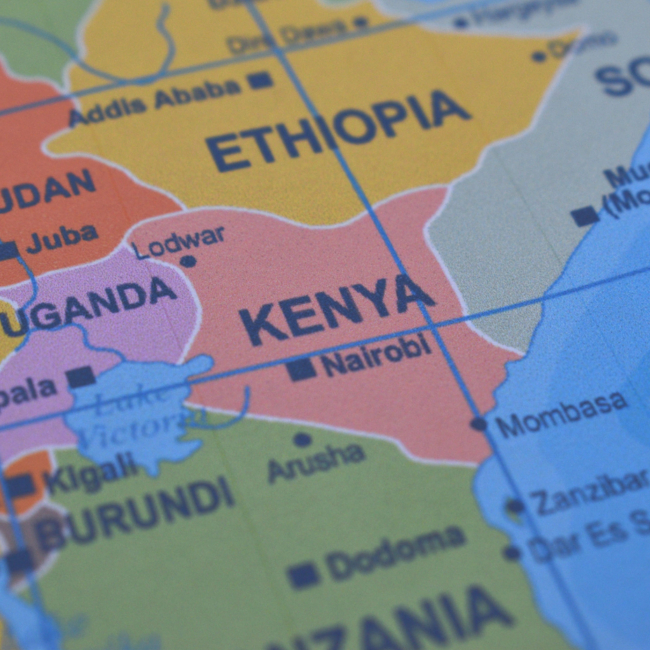Sudan in Turkey’s African Geopolitics: A Sotto Voce Experience in a Coveted Region

Since the launch of the Opening Plan to Africa in 2003, Turkey's African policy has spread to the whole of the African continent, where its involvement is distinguished by its scope and diversity.

This note offers a case study of Turkey's strategy in sub-Saharan Africa, through an analysis of bilateral relations between Turkey and Sudan, and Turkey's presence on the ground. Through Sudan, Turkey is seeking to extend its political influence in the Horn of Africa, a pilot area for its African policy where the level of competition between external players, particularly from the Middle East, is particularly high. The fall of the al-Bashir regime in 2019 has opened up a volatile political sequence in Sudan, from which Turkey has pulled out in favor of its Arab rivals, led by Saudi Arabia, the United Arab Emirates and Egypt. Its withdrawal from Sudanese political affairs has not, however, weakened its multi-sector activism on the ground, which demonstrates the resilience of its modus operandi to shifting political conjunctures.
This content is available in French: Le Soudan dans la géopolitique africaine de la Turquie : une expérience sotto voce dans une région convoitée

Available in:
Regions and themes
ISBN / ISSN
Share
Related centers and programs
Discover our other research centers and programsFind out more
Discover all our analysesGabon: Has an — Almost — Exemplary Transition Produced a New Political Model?
In two rounds of voting, on September 27 and October 11, 2025, the citizens of Gabon elected the members of both their local councils and the new national assembly. This marked almost the final stage of political transition, little more than two years after the coup d’état that had overthrown the more than five decades old dynastic regime of the Bongos — Omar, the father, who died in office in 2009, and then his son Ali, who is now in exile.
Claiming "The People": Youth Booms, Ailing Authoritarians and "Populist" Politics in Kenya, Uganda, and Tanzania
This study analyses the emergence of so-called “populist” political tendencies in three East African countries: Kenya, Uganda and Tanzania. It builds its analysis on a wider discussion of the term “populism”, its use and applicability in (eastern) African settings before going on to examine the drivers of three cases of populism: William Ruto’s 2022 election victory in Kenya and the “Hustler Nation”; Bobi Wine’s opposition to Yoweri Museveni in Uganda; and John Magufuli highly personal style of government in Tanzania.
The Contradictory Impacts of Western Sanctions on Economic Relations between Russia and Sub-Saharan Africa
How does Russia maintain economic ties with Africa despite Western sanctions? An analysis of investments, trade, and the circumvention strategies deployed by Moscow.
The Revenue Sources Sustaining Sudan’s Civil War. Lessons for the year 2023
Wars require money and resources, and often, most conflicts involve controlling sources of income and supply lines or denying them to enemies. This has been the case in Sudan’s past conflicts and is again as the civil war—between the Sudan Armed Forces (SAF), commanded by General Abdelfattah al-Burhan, and the paramilitary Rapid Support Forces (RSF), commanded by General Mohammed Hamdan Daglo “Hemedti” —has sunk into a protracted conflict.













